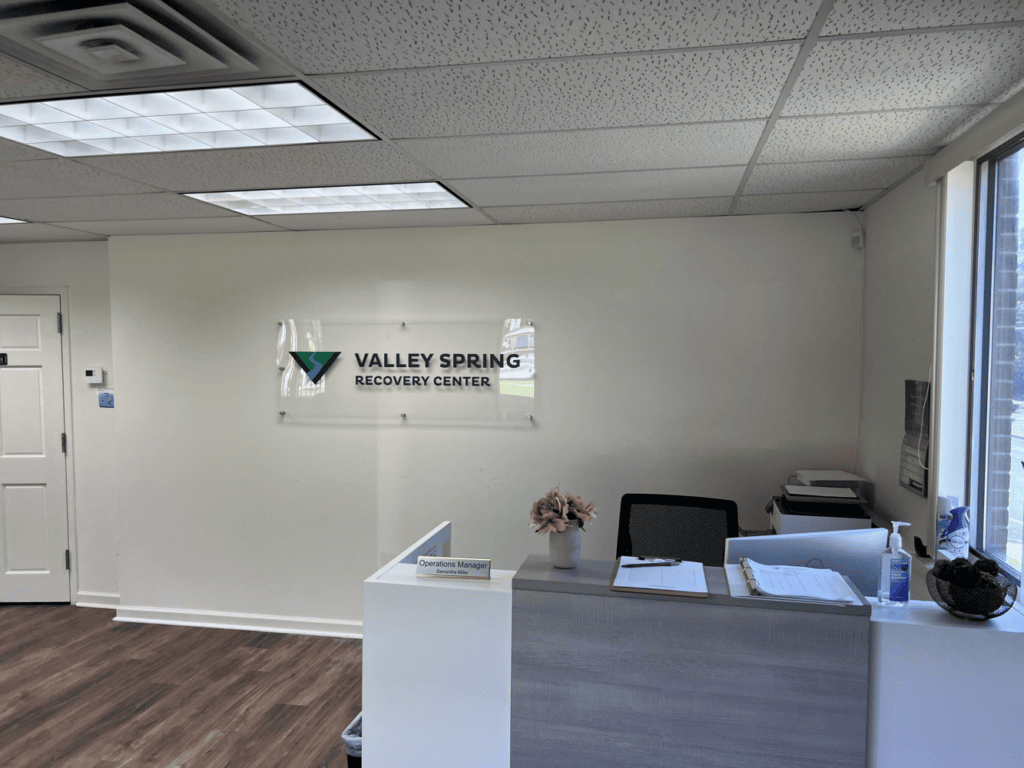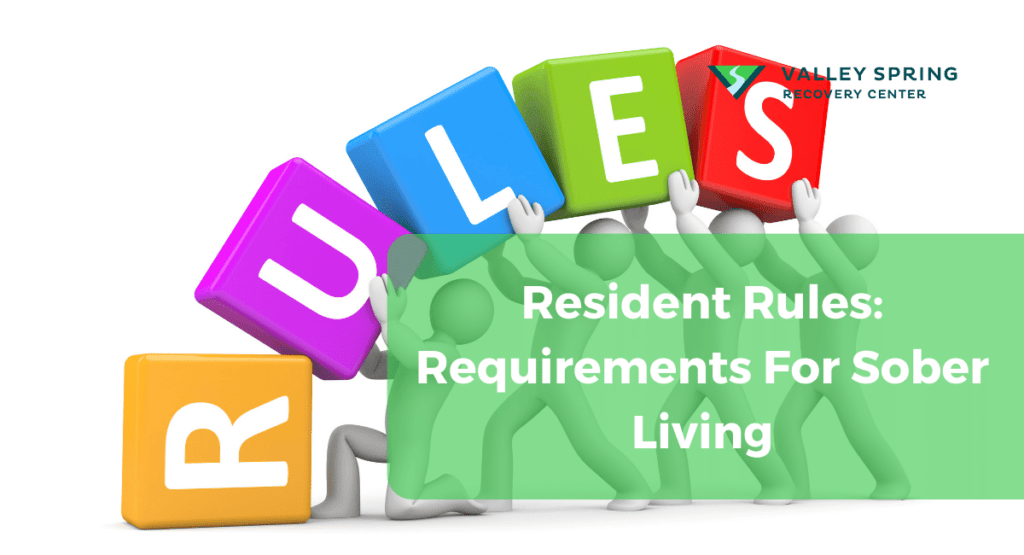Intensive outpatient programs are an effective way to treat addiction and mental health issues for patients who do not require medically supervised inpatient treatment. An intensive outpatient treatment program can also serve as a step down from more intensive outpatient treatment as people transition back into the community. For many individuals struggling with substance use disorder, attending an intensive outpatient program for therapy and additional medication-assisted treatment is an essential transition phase that occurs after detox or inpatient levels of care. Not all individuals struggling with chemical dependency need to undergo inpatient or residential care. Many find success in recovery through a robust outpatient treatment program. The goal of Intensive outpatient treatment is to provide a supportive environment and work on the necessary coping skills to help patients transition back to a productive life.
What Is IOP?
IOP stands for Intensive Outpatient Program, this type of addiction treatment meets 5x per week at its most intensive capacity or 3x a week if indicated by an assessment performed on the patient by a licensed clinician. Treatment sessions last for 3 hours per day and address the parts of the addicted individual that require further healing after the physical symptoms of withdrawal have already subsided. Intensive Outpatient Programs (IOPs) provide a well-structured regimen that primarily relies on group therapy, supplemented by weekly one-on-one sessions with a Licensed or Credentialed Alcohol and Drug Counselor. Participants engage in group sessions for three hours a day, at least three days a week. Specialized group sessions are available as well.
Intensive Outpatient Program Details At Valley Spring Recovery Center In New Jersey
- Day Program: Monday-Friday from 9:00 am to 12:00 pm
- Evening Program: Monday, Tuesdays and Thursdays from 6:00 pm to 9:00 pm
IOP5 meets from 9 AM-12 PM Monday through Friday. Once patients have completed IOP5 they are able to step down to IOP3 which meets 6-9 PM Monday. Night sessions on Monday, Tuesday and Thursday can be conducted in person or virtually through our telehealth platform. IOP5 treatment occurs on site at our Norwood New Jersey location in Bergen County.
How Does IOP Help With Recovery From Addiction?
IOP helps individuals struggling with addiction by addressing different parts of the addicted individual including mental stability, emotional equilibrium, relational quality, and financial health through therapy, medication, and case management.
What Disorders Are Treated In IOP?
- Drug Addiction Without the Need for Detoxification: For those struggling with substance abuse issues that don’t require immediate detox, our program offers a robust set of treatments. These include Motivational Interviewing, Relapse Prevention Training, and Harm Reduction Strategies. This is particularly beneficial for individuals addicted to prescription medications, alcohol, or recreational drugs who have not reached a level of physical dependency that necessitates detoxification.
- Eating Disorders: Our program offers evidence-based treatments like Cognitive Behavioral Therapy (CBT) to address the underlying issues of eating disorders such as anorexia, bulimia, and binge-eating disorder.
- Bipolar Disorder (Including Mania): We provide medication management and psychotherapy to help manage the extreme mood swings associated with bipolar disorder, including manic episodes.
- Depression: Our IOP focuses on treating depression through a combination of medication and therapeutic interventions like Mindfulness-Based Cognitive Therapy (MBCT). Depression is one of the treatments addressed in our dual diagnosis program.
- Self-Harm: We offer specialized treatment plans that include Dialectical Behavior Therapy (DBT) to help individuals gain better emotional control and cease self-harming behaviors.

How Long Does IOP Treatment Last?
In addition to intensive therapy, strict treatment protocols are maintained, with between 9-20 hours of evidence-based treatment provided weekly (as advised by the American Society of Addiction Medication). Initially, visits can be as much as five times a week, gradually decreasing to three visits, with sessions lasting three hours at a time. In an outpatient setting, patients live outside of the facility, such as in sober living house, with loved ones, or at home if support is available. This allows flexibility to continue working or maintain family obligations during the program.
At Valley Spring Recovery Center in Bergen County, New Jersey, programs are patient-centric, so duration may vary based on the needs of the individual. However, IOP treatment generally lasts from 3 months before patients transition to outpatient therapy which meets less frequently. Under the guidance of qualified therapists and other healthcare specialists, the patient will focus on defined milestones to ensure that progress is made. As each milestone is successfully reached, the time spent at the center can be reduced.
The duration and frequency of program attendance are collaboratively determined by a multidisciplinary treatment team, which may include the patient, their counselors, and a psychiatrist if necessary.
What is Intensive Outpatient treatment (IOP) like for addiction in New Jersey?
IOP is individually tailored to meet the ongoing needs of every patient through a customized addiction treatment plan. This may include work with case management to help find a job, financial stability and a place to live such as a sober living. Help in developing a sober suport system through AA, NA and Smart Recovery as well as integration into our alumni program. Additionally patients meet regularly with a therapist individually and in a group setting to address behaviors and relapse prevention strategies. Patients also receive mental health treatment if a diagnosis is present where they will meet with our psychiatrist and receive medication.
This program is available in two formats – day programs for patients who require counseling 5 days a week and evening programs for individuals who only need 3 sessions per week. Day program sessions are from 9 a.m. to 12 p.m. Monday through Friday and IOP3 is 6-9 p.m. Monday, Tuesday, and Thursday. Evening programs are scheduled at night so that people can fit in with other obligations such as work, school, or family duties, and can even happen remotely through telehealth. Most sessions take place in a group setting, however, from time to time there can be individual therapy as well as case management. Valley Spring Recovery Center Intensive Outpatient Programs in NJ

During treatment, patients participate in individual and group therapy, as well as other therapeutic interventions designed to help them recover from addiction. IOP is an effective treatment option for those committed to sobriety but who need additional support. For many people, IOPs provide the structure and support they need to maintain sobriety and achieve long-term recovery. We have a beautiful facility that is private and discreet located in Norwood which is in Bergen County, NJ and 5 minutes away from Rockland County New York. We frequently treat patients from Rockland County NY including Pearl River, Tappan, New City, Nanuet, West Nyack, Suffern and Orangeburg.
What Therapies Do You Provide In IOP?

During treatment, our clients engage in a rotating combination of therapeutic modalities. These can include, but are not limited to:
- CBT (Cognitive Behavioral Therapy): A therapeutic approach that helps individuals identify and change negative thought patterns and behaviors that contribute to addiction and mental health issues.
- DBT (Dialectical Behavior Therapy): A form of cognitive therapy that teaches emotional regulation and interpersonal effectiveness skills, often used to treat individuals with borderline personality disorder and addiction.
- MAT (Medication-Assisted Treatment): A comprehensive treatment approach that combines behavioral therapy and medications to treat substance use disorders.
- Group Therapy: A therapeutic setting where individuals share their experiences and support each other under the guidance of a trained therapist, fostering a sense of community and understanding.
- Family Therapy: A therapeutic approach that involves family members in the treatment process, addressing family dynamics and improving communication to support the recovery journey.
- Executive Therapy: Tailored therapy for professionals and executives, focusing on the unique challenges they face in balancing their career and recovery.
- Life Skills Therapy: A therapeutic approach that equips individuals with essential skills for daily living, such as budgeting, time management, and interpersonal communication, to support a successful transition to sobriety.
- Trauma Therapy: Specialized therapy that addresses the underlying trauma that may contribute to addiction, helping individuals process and heal from past traumatic events.
- Wellness Therapy: A holistic approach to recovery that emphasizes physical, mental, and emotional well-being through practices like nutrition, exercise, and mindfulness.
- Dual Diagnosis: A treatment approach for individuals who suffer from both a substance use disorder and a co-occurring mental health disorder, ensuring both conditions are addressed simultaneously.
Night Time IOP For Professionals
Many times individuals who have struggled with drugs and or alcohol also have day jobs but still need therapy, support, and treatment. Our nighttime intensive outpatient therapy is created for individuals located in NJ and NY who are not able to attend day treatment. Studies have found that Alcohol and other addiction has taken over the workforce. 49% of workers have some sort of substance use issue. That’s why Valley Spring has made programs specifically tailored to working with professionals in the workforce struggling with SUD.
What are the Benefits Of IOP?
IOP serves as an effective “middle ground” between residential drug rehab or partial hospitalization programs and less stringent outpatient treatments.
Benefits of entering an IOP include:
- Personalized Treatment Plans: We understand that addiction is a complex issue, influenced by various factors such as genetics, environment, and emotional well-being. Therefore, we offer customized treatment plans that are tailored to meet the specific needs of each individual.
- Evidence-Based Approaches: Our program employs scientifically-backed methods like Cognitive Behavioral Therapy for Addiction (CBT-A) and Contingency Management to ensure effective treatment outcomes.
- Flexible Scheduling: Understanding the need for a balanced life, our program offers flexible scheduling options, allowing patients to continue with their daily responsibilities while receiving treatment.
- Holistic Care: Beyond medical treatment, we offer holistic therapies like mindfulness and meditation to help individuals gain a deeper understanding of their addiction triggers and coping mechanisms.
- Family Therapy And Integration: Family and social support are crucial elements in the recovery process. Our program encourages regular contact with loved ones through family therapy sessions and visitation, thereby strengthening the emotional support network essential for long-term recovery.
- More Structure Than Conventional Outpatient Treatment: While conventional outpatient programs offer some level of flexibility, our Intensive Outpatient Program provides a more structured environment. This ensures that patients adhere to their treatment plans and benefit from a consistent, regimented approach to recovery.
- Strong Network of Support: For those transitioning from inpatient treatment, our IOP serves as a vital bridge to normal life. We provide a strong network of support, including peer-led groups and one-on-one counseling, to help individuals maintain the gains made during inpatient treatment.
- Relapse Prevention: One of the cornerstones of our program is a robust relapse prevention strategy. We equip patients with the skills and tools they need to identify triggers and cope with cravings, thereby significantly reducing the risk of relapse.
- Ongoing Support: Post-treatment, we offer continued support through alumni programs and peer-led support groups, ensuring long-term recovery and reduced risk of relapse.
Studies found that IOPs are as effective as inpatient treatment for most individuals seeking care. All studies reported substantial reductions in alcohol and drug use between baseline and follow-up.
Source: National Library Of Medicine
What is the difference between IOP and OP treatment?
IOP is a more intensive form of treatment that meets more frequently than OP treatment. Outpatient programs only meet once or twice per week and focus on relapse prevention and case management to help individuals address the parts of their lives that have been affected by their addiction like finances, relationships and work. Upon successful progression and reevaluation by the treatment team, clients transition from an Intensive outpatient program to outpatient treatment. Our Outpatient Treatment Program in New Jersey includes one weekly group session lasting an hour, one individual session per week, and continued attendance at 12-step meetings for the remainder of the treatment period.
Additional outpatient groups and services can be made available based on an initial assessment and will be coordinated with the treatment team to establish a suitable schedule.
Get Started With Intensive Outpatient Treatment in New Jersey
Valley Spring Recovery Center IOP is a dual-diagnosis program, featuring mental health counselors and social workers to address co-occurring mental health issues. Our Board-Certified Addiction Psychiatrists are also available for medication monitoring when required. After a comprehensive assessment by the treatment team, clients may transition to a reduced schedule. This “step-down” phase involves around one month of two group sessions and one individual session per week, along with participation in 12-step meetings or community support groups as needed.
Through this program, participants are able to explore their creativity, work through emotions and learn new skills. The program provides a supportive environment where participants can feel safe to express themselves and heal. In addition to group therapy, the program offers individualized counseling, medication-assisted treatment, and multiple holistic methods of recovery focused on building long-term and sustainable sobriety. This allows participants to work at their own pace and receive the customized care they need to recover. The Valley Spring Recovery Center Intensive Outpatient program is an effective treatment for addiction that can help participants rebuild their lives and eventually step down to outpatient therapy. Contact Valley Spring Addiction Treatment Center in New Jersey today if you are struggling with addiction, we can help.




